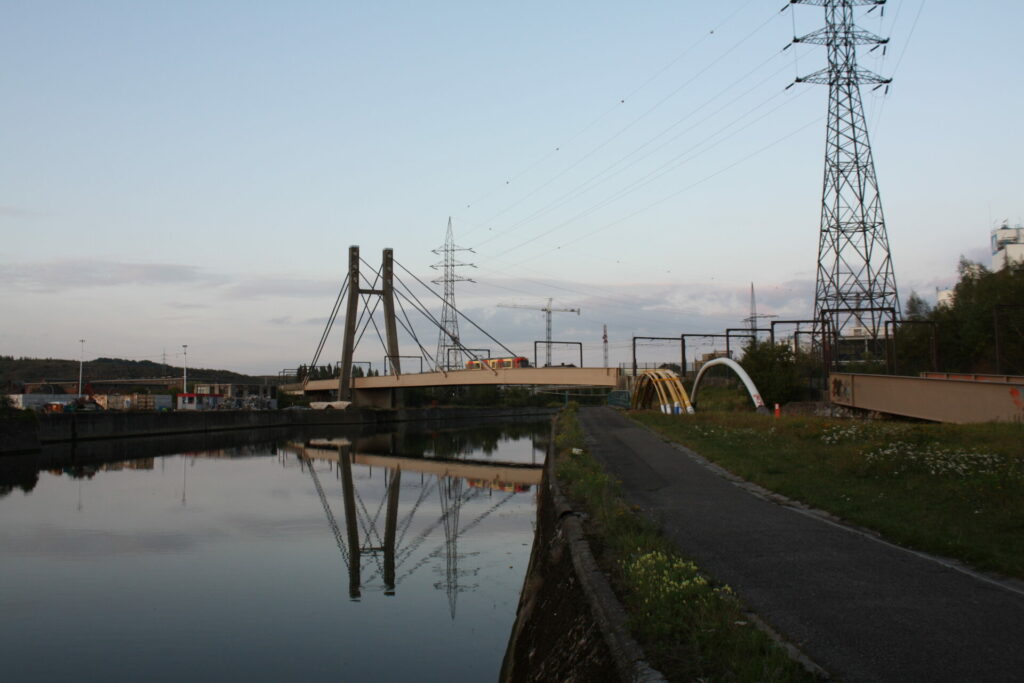Elia, the company that operates Belgium's high-voltage electricity network, saw its net income slightly dip below €400 million (€399.5 million) in 2023 – a 2.1% decrease compared to 2022.
This drop is partly attributed to investment in the American firm energyRe Giga, in which Elia acquired a 35% stake in November last year. Excluding mergers and acquisitions, the Belgian group yielded a return of 7.14%, not far off 2022’s 7.52%.
The company, which specialises in energy transportation, affirmed its investment plan (Capex) of €30.1 billion for 2024-2028. The plan aims to meet growing societal electricity demand and integrate increasing renewable energy volumes.
Approximately a third of this amount will be invested in Belgium while the rest will go towards operations in Germany. In Belgium, Elia complained of a delay in the procedure for gaining permits, an issue apparently brushed over by the local and federal governments but which is currently preventing progress from being made on key regional electricity infrastructure, such as the Boucle du Hainaut in Wallonia.
Related News
- Renewable energy production broke records in Belgium last year
- A guide to installing solar panels and maximising the benefits in Belgium
Last year, Elia invested €2.4 billion primarily in strengthening the core Belgian and German networks, developing necessary offshore infrastructures, and advancing the digitalisation of its facilities.
The execution of the investment plan explains the surge of total net financial debt (excluding EEG mechanisms and the like), which has now risen to almost €9 billion compared to €7.4 billion at the end of 2022.
Elia plans to pay a dividend of €1.99 per share and anticipates a net result oscillating between €335 and €385 million for the coming year with an expected return on equity of between 7% and 8%.
In 2023, Belgium reverted to being a net importer of electricity for the first time since 2018, when its nuclear output dropped.

